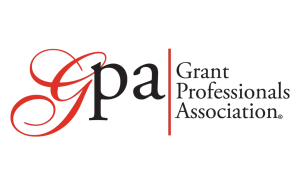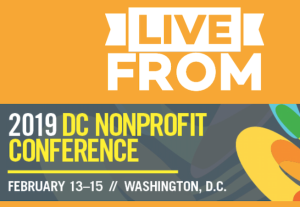It’s usual for private foundations to limit grantmaking to areas where the donors live or grew up, or in which they have some personal history. Community foundations and federated giving programs such as United Way also limit grants to specific geographic areas. Many corporate foundations only make awards in areas where corporate offices are located or in which the company does business.
“There are advantages to partnering with close-to-home grantmakers,” said Barbara Floersch of The Grantsmanship Center in Los Angeles, Calif. “When looking for grant support, I always advise organizations to start the search in their own back yard.”
It’s natural for funders to focus on the communities in which they live and work. The quality of life there has a direct impact on the well-being of their families and employees. Thriving communities also help corporations retain quality employees — an essential ingredient for a healthy bottom-line.
Funders located in your geographic area are likely to care about what you’re trying to accomplish, and they might know something about your organization and its work. Your staff or board members might know their staff or trustees. You maybe even attend the same churches, run into each other at school events, or have mutual friends.
To make the most of these advantages, Floersch advises the following:
- Identify every private and corporate foundation in your geographic area, but don’t stop there. Identify every organization that provides grants or other direct financial support. Clubs, issue-bases associations, and affiliates of national organizations often provide funding for local projects.
- Learn about the mission and funding history of each grantmaker and funding organization. What do they care about? What have they funded in the last few years, in what amounts?
- Find out how to request funding support. Are there deadlines and specific application requirements? If not, what’s the accepted procedure?
- Identify people affiliated with the funder. This includes staff members, board members, volunteers, or anyone with close connections. Then, work with your own staff members, board members, volunteers and even beneficiaries to find connections. What you’re looking for is an introduction that will usher you into a warm relationship with the funder that you can nurture and grow over time.
- Find ways to introduce funder-connected people to your mission, work, and accomplishments. Ask if they’d like to receive your newsletter, join you on Facebook, or attend events.
- Work to establish mutual understanding and respect before making a grant request. Talk with funders to determine whether the purpose of the request and the amount you’re asking for is on target.
When you build respectful relationships with local funders, you’re developing a supportive network that will pay off over time. Funders know and talk to each other. It’s a relatively tight-knit community. Even those that aren’t a perfect fit with your work can recommend you to their colleagues and offer advice on your projects.
“You all have the best interests of the local community in mind, and that common bond when combined with trust is powerful,” said Floersch. © Copyright 2019 The Grantsmanship Center.










